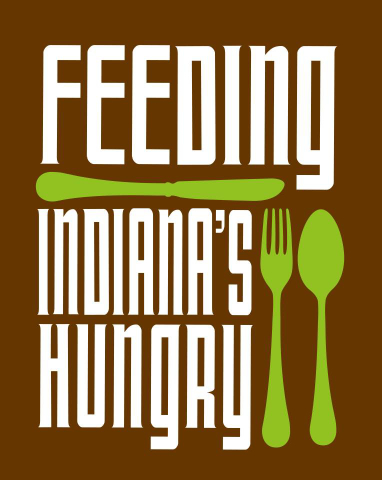The 2018 budget resolution that the House of Representatives passed last Thursday strips billions of dollars from a program that helps working families put food on the table to accommodate massive tax cuts for corporations and the very wealthy. Alongside drastic cuts to programs that expand economic opportunity for ordinary Americans, the budget includes major reductions in funding for the Supplemental Nutrition Assistance Program (SNAP). SNAP, formerly known as food stamps, helped 654,122 Hoosiers keep healthy food on the table in August.
“SNAP is one of the most cost-effective tools we have in the fight against hunger and poverty,” said Jessica Fraser, program director of the Indiana Institute for Working Families and c0-chair for SNAP Works for Hoosiers. “It’s also good for our economy. When families can afford to buy groceries, it pumps money back into local businesses and fuels long-term economic growth. This budget abandons our commitment to ensure no child goes hungry and paints a dark picture of our priorities, cutting critical programs for working families, seniors, children and people with disabilities to set up tax cuts for corporations and the very wealthy.”
Just like the House, the Senate is working to pass a budget resolution that opens the door for similar drastic cuts and massive tax cuts for the wealthy and corporations. These tax giveaways would add over $1.5 trillion to budget deficits and likely force even deeper cuts to programs like SNAP that help 290,000 Hoosier households. These cuts would pull the rug out from under the most vulnerable in our society, including children, the elderly, and people with disabilities. And to pass this dangerous tax plan, Republicans in the Senate are also establishing a partisan process that allows them to cut taxes for the top 1 percent with just 50 votes.
Before America made a national commitment to end hunger, some areas of the country had serious problems with hunger, including children suffering from malnutrition. Although the food assistance SNAP provides is extremely modest – averaging only $4.00 per recipient per day – the program successfully keeps more than 8 million people out of poverty nationwide, including nearly 4 million children. Looking at 2009-2012 averages, in Indiana alone SNAP helped keep 110,000 of children out of poverty and improves long-term health, education, and employment outcomes for children across the state.
“If Hoosier families lose SNAP benefits, thousands in our community could go hungry,” said Emily Weikert Bryant of Feeding Indiana’s Hungry, also a co-chair of SNAP Works for Hoosiers. “Our food banks do good work to help families, but they cannot fill the gap that these cuts would create. Instead of supporting tax cuts that help those who need it the least and the expense of those struggling to get by, Senators Donnelly and Young should pledge to protect SNAP and other poverty-reduction programs in the federal budget. We all win when our communities are healthy and prosperous.”
SNAP also supports local economic growth. Families spend their SNAP benefits at local grocery stores and other retailers, driving $1.1 billion into our state’s economy each year. If SNAP is cut, retailers could take a hit, and many of our communities, especially in rural areas, could lose businesses and jobs.
In addition to slashing SNAP funding, the House and Senate budgets would force devastating cuts to Medicaid and programs that provide income assistance, job training, help for students struggling to afford college, and economic development. If these budgets become law, they will only worsen the growing gap between the richest households and everyone else.



